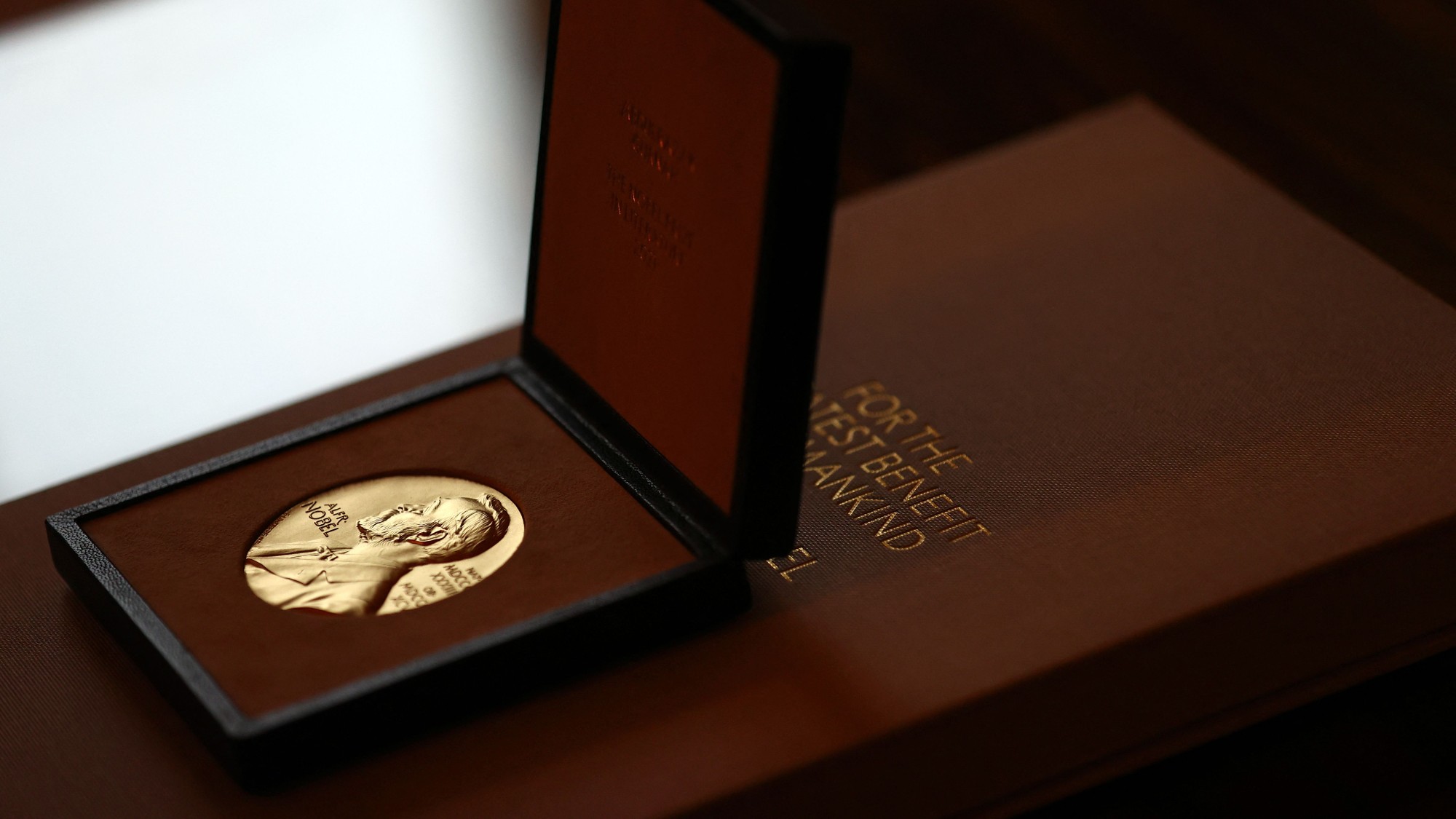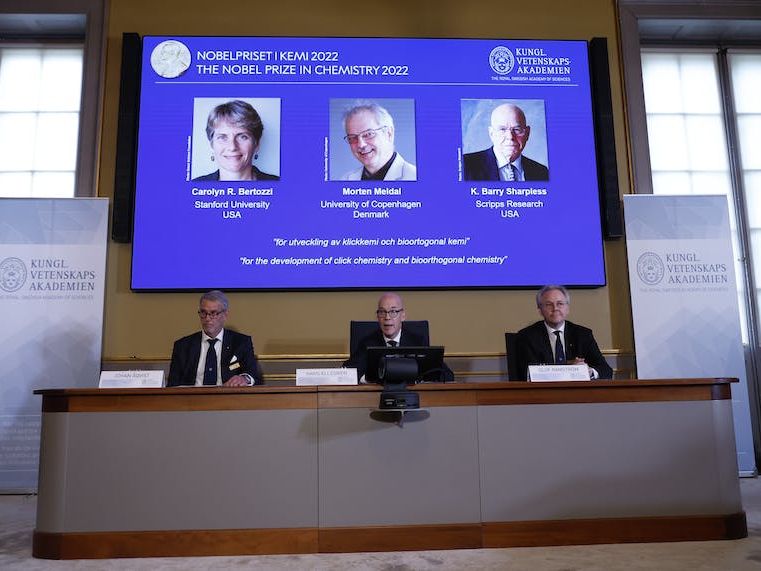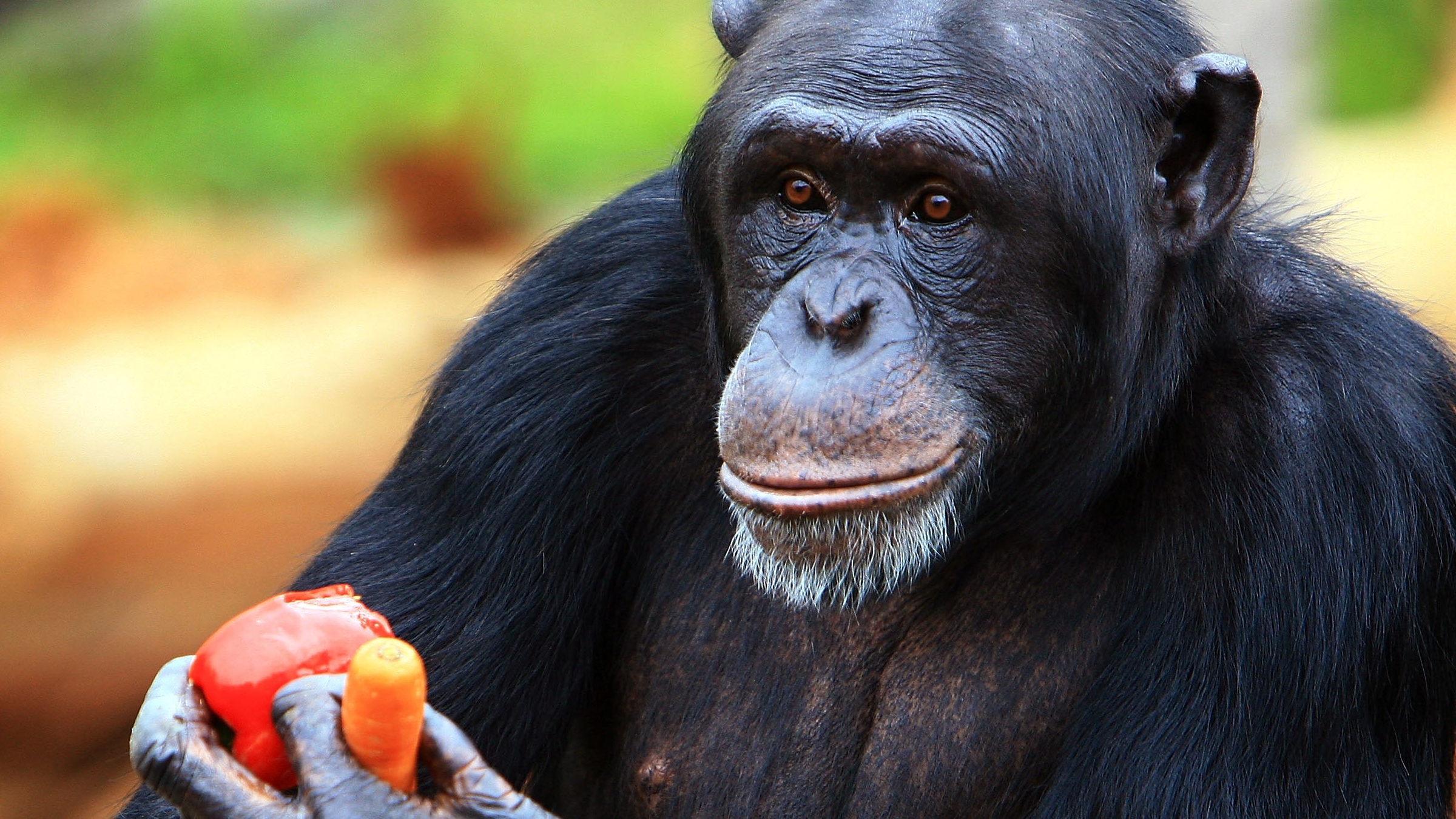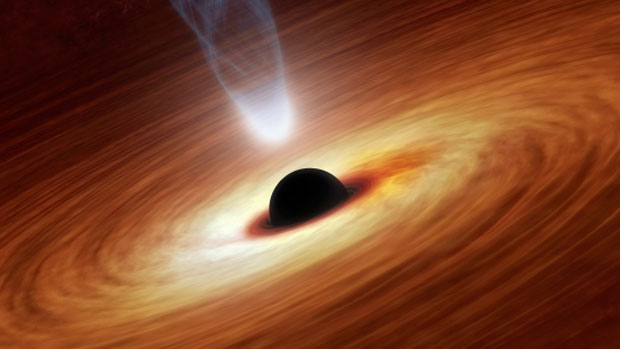Trio win Nobel physics prize for work to understand cosmos
The scientists were hailed for ‘ground-breaking’ discoveries

A free daily email with the biggest news stories of the day – and the best features from TheWeek.com
You are now subscribed
Your newsletter sign-up was successful
Three scientists whose discoveries about the evolution of the universe have been described as “ground-breaking” have been awarded the 2019 Nobel prize for physics.
James Peebles, Didier Queloz and Michel Mayor were revealed as this year's winners at a ceremony in Stockholm. The Royal Swedish Academy of Sciences said it was recognising their “contributions to our understanding of the evolution of the universe and Earth's place in the cosmos”. The scientists will share a 9-million kronor (£745,000) cash award.
The Swedish academy said it was awarding half the prize to Peebles, a Canadian-born Princeton professor, whose theoretical cosmological framework “is the foundation of our modern understanding of the universe’s history, from the Big Bang to the present day”.
The Week
Escape your echo chamber. Get the facts behind the news, plus analysis from multiple perspectives.

Sign up for The Week's Free Newsletters
From our morning news briefing to a weekly Good News Newsletter, get the best of The Week delivered directly to your inbox.
From our morning news briefing to a weekly Good News Newsletter, get the best of The Week delivered directly to your inbox.
Sky News says Peebles has been “hailed as one of the most influential cosmologists of his time”. His analysis of radiation that filled the cosmos just 400,000 years after the Big Bang uncovered major clues as to what the universe looked like at this primitive stage, and how it has evolved.
Meanwhile, the academy said that Swiss duo Mayor and Queloz were being honoured for their discovery of an exoplanet in 1995, then the first planet found outside our solar system. The discovery of 51 Pegasi b - a gaseous ball about 150 times bigger than Earth, with a surface temperature of 1000C - sparked “a revolution in astronomy, and more than 4,000 exoplanets have since been found in the Milky Way”.
Further Nobel prizes will be handed out this week. Teenage climate change activist Greta Thunberg has been tipped to win the famous Nobel Peace Prize, after her “school strike for climate” captured the imagination of the planet.
Among the favourites for the Nobel Prize in Literature are Canadian poet Anne Carson, novelists Maryse Conde of Guadeloupe and Can Xue of China and Canadian writer Margaret Atwood, author of The Handmaid's Tale.
A free daily email with the biggest news stories of the day – and the best features from TheWeek.com
For a round-up of the most important stories from around the world - and a concise, refreshing and balanced take on the week’s news agenda - try The Week magazine. Get your first six issues for £6
-
 Why is the Trump administration talking about ‘Western civilization’?
Why is the Trump administration talking about ‘Western civilization’?Talking Points Rubio says Europe, US bonded by religion and ancestry
-
 Quentin Deranque: a student’s death energizes the French far right
Quentin Deranque: a student’s death energizes the French far rightIN THE SPOTLIGHT Reactions to the violent killing of an ultraconservative activist offer a glimpse at the culture wars roiling France ahead of next year’s elections
-
 Secured vs. unsecured loans: how do they differ and which is better?
Secured vs. unsecured loans: how do they differ and which is better?the explainer They are distinguished by the level of risk and the inclusion of collateral
-
 Get to know the 2023 Nobel Prize winners
Get to know the 2023 Nobel Prize winnersIn Depth A look at the men and women behind the groundbreaking work honored this year
-
 Do the Nobel prizes do more harm than good?
Do the Nobel prizes do more harm than good?Today's Big Question The awards 'draw their share of flak' and can lead to 'scientific error', argue critics
-
 Nobel prize awarded for ‘click chemistry’ – an environmentally friendly method of building molecules
Nobel prize awarded for ‘click chemistry’ – an environmentally friendly method of building moleculesfeature 2022 Nobel prize in chemistry awarded to trio for developing click chemistry, a Lego-like method for joining molecules
-
 Richard Branson’s Virgin Galactic and Jeff Bezos’s Blue Origin: the new space race?
Richard Branson’s Virgin Galactic and Jeff Bezos’s Blue Origin: the new space race?Speed Read Branson has declared space open for business. Is that still a pie in the sky?
-
 Russia and China joining forces to build first Moon base
Russia and China joining forces to build first Moon baseSpeed Read Lunar pact represents ‘all kinds of security threats’ to UK and US, expert warns
-
 Mystery of where Stonehenge stones came from finally solved
Mystery of where Stonehenge stones came from finally solvedSpeed Read But how the builders moved the huge stone megaliths to the Salisbury site remains a mystery
-
 How chimpanzee ‘lip smacking’ can unlock mystery behind human speech
How chimpanzee ‘lip smacking’ can unlock mystery behind human speechSpeed Read New study reveals rhythm of great apes’ communications is identical to spoken language
-
 Scientists discover new variety of black hole
Scientists discover new variety of black holeSpeed Read Astronomers had previously missed entire class of dead star